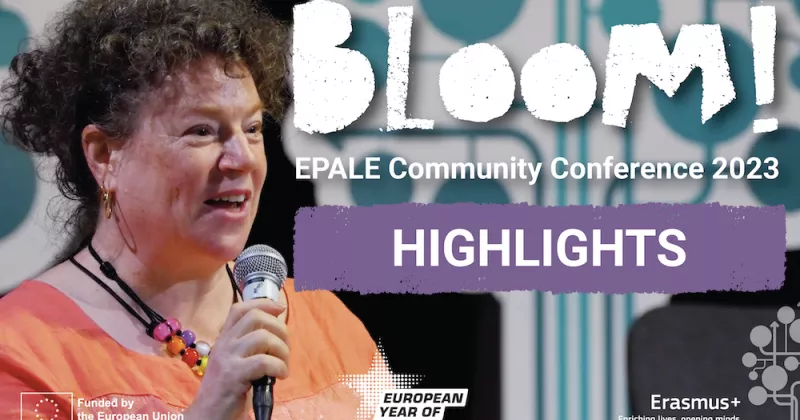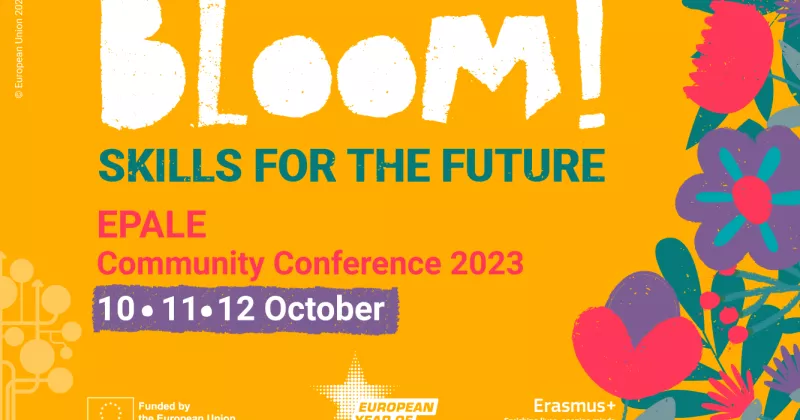Digital competence of adult educators
The present transformations and challenges that Knowledge Society demands, as well as the main implications that Information and Communication Technologies have over education in general and adult education in particular, have a deep impact not only on adult educators' professional profile, functions and roles, but also, on their training and professional competences and skills. Competence development in digitalization and other trends is essential for adult educators as well as adult students. However, the amount of professional training in digitalization has been underemphasized in Lithuania.
Most of the research efforts were made to investigate digital competence of teachers in secondary schools. It should be noted that digital competence of teachers is an overall concept of such terms as ICT competence of teachers, e-teaching competence etc. ICT competence of teachers means that teachers need to be able to help the students become collaborative, problem-solving, creative learners through using ICT so they will be effective citizens and members of the workforce (United Nations Educational, Scientific and Cultural Organization, 2011, p. 3).
Digital competence for adult educators can be broadly defined as the confident, critical and creative use of ICT to achieve goals related to work, employability, learning, leisure, inclusion and/or participation in society (Ala-Mutka, 2011, p. 1). This means that adult educators must make decisions about what kind of digital tools should be used in each teaching-learning situation, how they should be used and why (Ottestad, Kelentrić, & Guðmundsdóttir, 2014, p. 246). It is important to develop this type of awareness during initial professional training (Ottestad, Kelentrić, & Guðmundsdóttir, 2014, p. 246).
In this blog we would like to initiate the discussion about adult educators digital competencies.
We would like to focus on the use of ICT on behalf of adult educators in the teaching-learning process. Therefore we expect your insights on the following issues:
What are key professional competencies of adult educators in your country?
What are the main ICT challenges and opportunities in adult education in your country (what ICT tools are used by adult educators, do adult educators have relevant competencies to use ICT in teaching-learning process, etc.).
Do adult educators use ICT tools in:
Planning of the Training Courses
Needs Assessment (learning needs)
Designing of training content.
Developing training manuals, handouts, and exercises.
Delivery of the courses
Evaluation of the training results and assessment of the quality of the training course
We look forward to your replies :)





